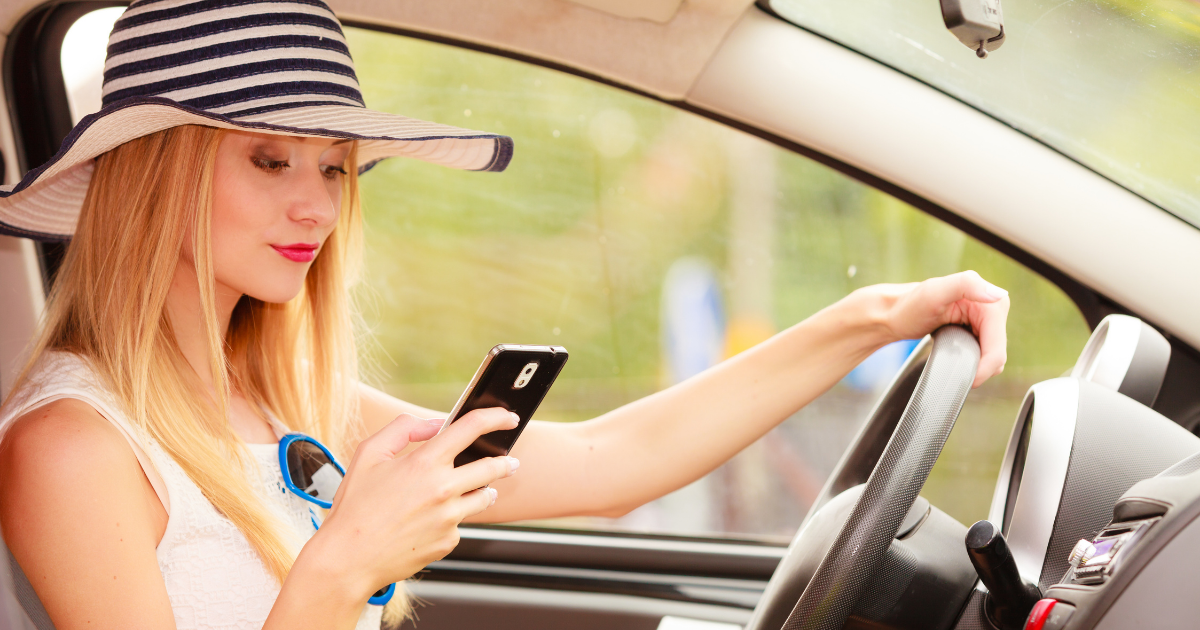What Are Safety Tips for Long Road Trips?
If you are planning a long road trip, whether for business or pleasure, safety is a priority. Unfortunately, few people seldom ever plan for the worst, especially vacationers. With a relaxing, fun vacation on the mind, preparing for or exercising driving safety protocols is usually last on the list of priorities for most people.
Driving is a serious business, and taking long road trips can test exactly how serious a driver handles the responsibility of safety. There are many dangers that present themselves when taking to the road during an elongated driving excursion. These dangers can range from a poorly maintained vehicle to a sleep-deprived driver.
Every year, over 30,000 people die from motor vehicle accidents. According to the National Highway Traffic Safety Administration (NHTSA), more than 38,000 people died in motor vehicle accidents in 2020. The Centers for Disease Control and Prevention (CDC) reported that the leading cause of death for people up to 54 years old is motor vehicle accidents.
People spend a good deal of time making plans for their vacation or business trip in order to assure a fruitful or fun time once they arrive at their destination. If the same attention and caution were paid to the trip itself, the chances of experiencing a catastrophe on the road would be reduced, and the trip might become the relaxing trip you hoped it would be.
How Should You Prepare Your Vehicle for a Long Road Trip?
After your reservations and planned activities are squared away, get busy assuring the safety and comfortability of you and your passengers. Taking a long road trip is difficult enough in terms of boredom, the lack of comfortability, and sheer exhaustion; but not taking the right steps to prepare for a trip could turn an already difficult situation into a nightmare.
The first thing you should do is pay attention to your vehicle. Your vehicle might not actually be old, but that does not mean that it is beyond maintenance. Whether your vehicle is young or old, a long road trip has a way of finding your vehicle’s faults and near-faults, so head off any potential threats and check your vehicle thoroughly.
It is best to take your vehicle to a trusted mechanic before takeoff, but if you want to do it yourself, you should check your vehicle from front to back. Make sure that the brakes feel right while you are driving your vehicle. If the brakes squeal or do not respond correctly, they are not going to improve on a long trip; take your vehicle to a mechanic and get them checked out.
Steering is sometimes overlooked. When the steering feels slightly irregular, some people simply pass it off as the way their particular vehicle drives. An experienced driver knows what good steering should feel like. If the steering is off, there could be a problem.
Tires are critically important. Old, worn tires could cause a blowout, and that could cause you to lose control of your vehicle. Make sure your tires are in tiptop condition before taking off. You should also check the air pressure on each of your tires to assure that they are balanced, and that they measure up to the specified air pressure according to the manufacturer.
You should always check the fluids, oil, belts, wipers, caps, hoses, and filters. Make sure the signals and lights are in good working order as well. Basically, anything and everything you can think of, check it.
What Intangibles Should You Address Before Your Trip?
It is important to make sure that you are familiar with the route you are taking. Relying on a GPS can bring too many surprises, and with that can be confusion, frustration, and bad decision-making. Get familiar with which highways and exits you should be taking.
Plan your rest stops. This is important because it will help you to avoid going too long without a needed stop. Knowing where the stops are along the way allows you to stay organized with your fill-ups, bathroom visits, food breaks, and much-needed rest.
Perhaps the most important way to prepare for your trip is to make sure you get sleep. With all the preparations and last-minute packing, it is easy to put off getting rest. Sleep deprivation is one of the leading causes of motor vehicle accidents.
A recent study done by the AAA Foundation for Traffic Safety shows that drivers who miss one to two hours of required sleep in a 24-hour period nearly double their risk of being involved in a motor vehicle accident. Sleep deprivation slows down a driver’s reaction to stimuli, having an effect similar to alcohol. This means that your reaction time when lacking sleep is poor.
It is critical that you stay alert, so getting enough sleep before getting behind the wheel is a must. Also, for those fun vacations, do not get ahead of the game: driving under the influence is deadly. According to the National Highway Traffic Safety Administration (NHTSA), roughly 32 Americans die each day in a drunk driving-related motor vehicle accident. Thus, waiting till you arrive at your fun spot is best.
What Items Should You Bring with You on Your Trip?
Make sure to stay hydrated. Bring plenty of water and other fluids. Also make sure to bring healthy snacks. Store your food and beverages appropriately; some might need to be in a cooler.
Consider any medical needs that you or your passengers might need. This includes any medication or foods that someone might need along the way. Pack sunscreen, sun glasses, and brimmed hats in case you end up stuck on the side of the road and have to abandon your vehicle, or if you decide to stop somewhere along the way and take in some sun.
Keep a spare tire or even two, extra coolant, and a few cans of motor oil. Bring a first-aid kit. Having to find a place that has simple, much-need medical supplies could be extremely difficult. Think things through ahead of time. You do not want to forget to bring baby formula, for instance. Pack some personal hygiene items that you will have easy access to.
It is important to bring a flashlight, road flares, and reflectors. Be prepared for bad weather as well; bring rain gear. Do not forget to bring jumper cables. A good Samaritan might not have a set. It is also a good idea to carry a tool kit for that unexpected mechanical problem.
One of the most important items to check is your cell phone. Make sure it works, and be certain that your service allows for a good range, if not you might want to upgrade. Also bring a working phone charger, and make sure that your vehicle has a working input for the charger. For that overnight stay in your vehicle, bring blankets and pillows; you never know what will happen.
What Should You Pay Attention to While Driving?
Maintain good posture. This will help you prevent having backaches and will keep the blood flowing. Watch for any drivers who might be driving erratically. Obey the speed limit, and watch out for all road signs. These are things that are in place for a reason and could help keep you safe.
Defensive driving is best. Do not tailgate or swerve in and out of traffic. It is better to get there late than not at all. Most importantly, get off at the nearest stop or rest area if you are tired. If you are struggling to keep your eyes open, or if you are having trouble staying in your lane, it is time to either get off the road or switch drivers.
Springfield Car Accident Lawyers at Kicklighter Law Represent Those Involved in Motor Vehicle Accidents.
If you were injured in a motor vehicle accident, our experienced Springfield car accident lawyers at Kicklighter Law will fight hard to bring you the compensation you deserve. Call us at 912-754-6003 or contact us online for a consultation. Located in Springfield, Georgia, we serve clients in Springfield, Effingham County, Savannah, and surrounding areas.



